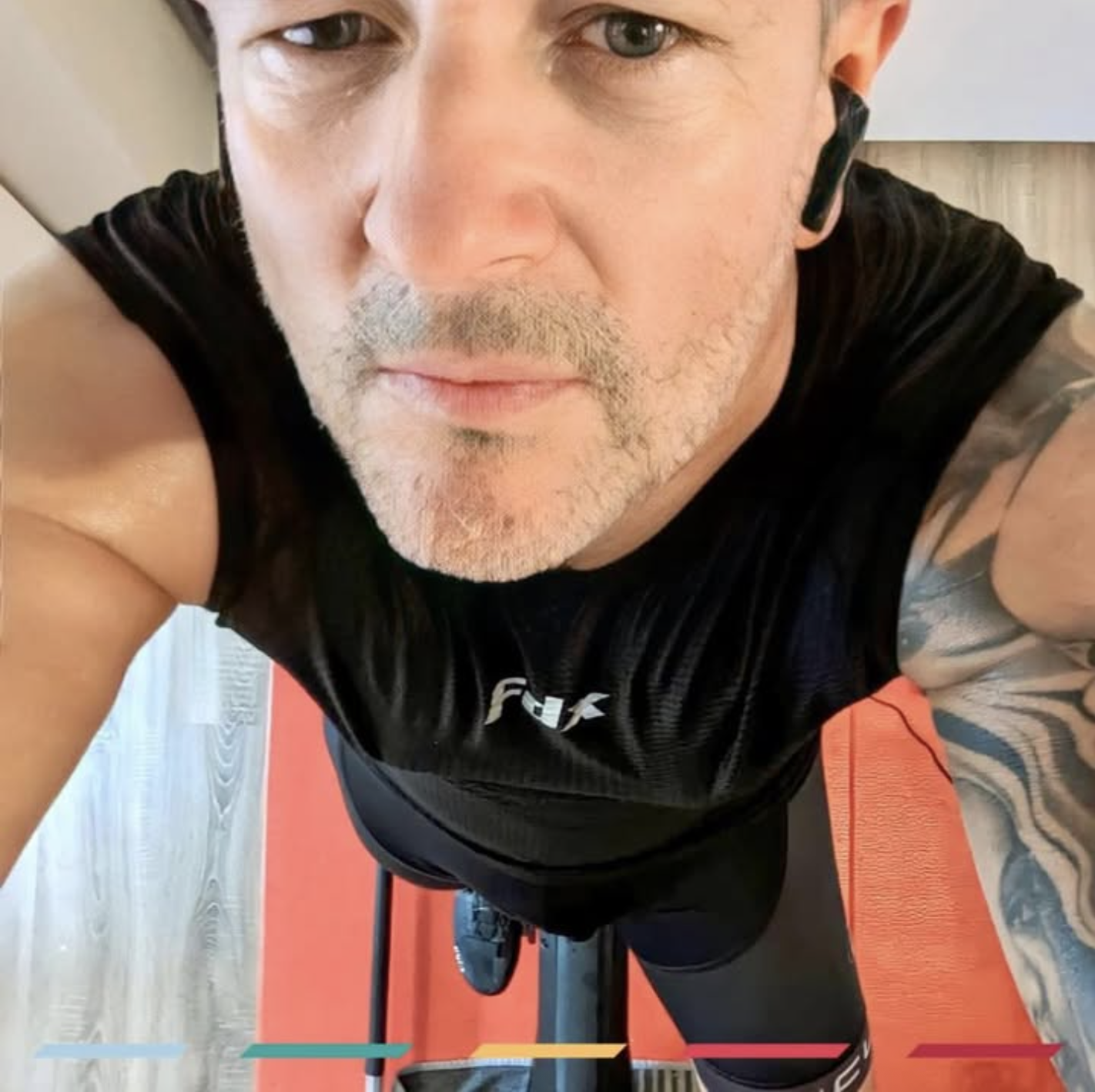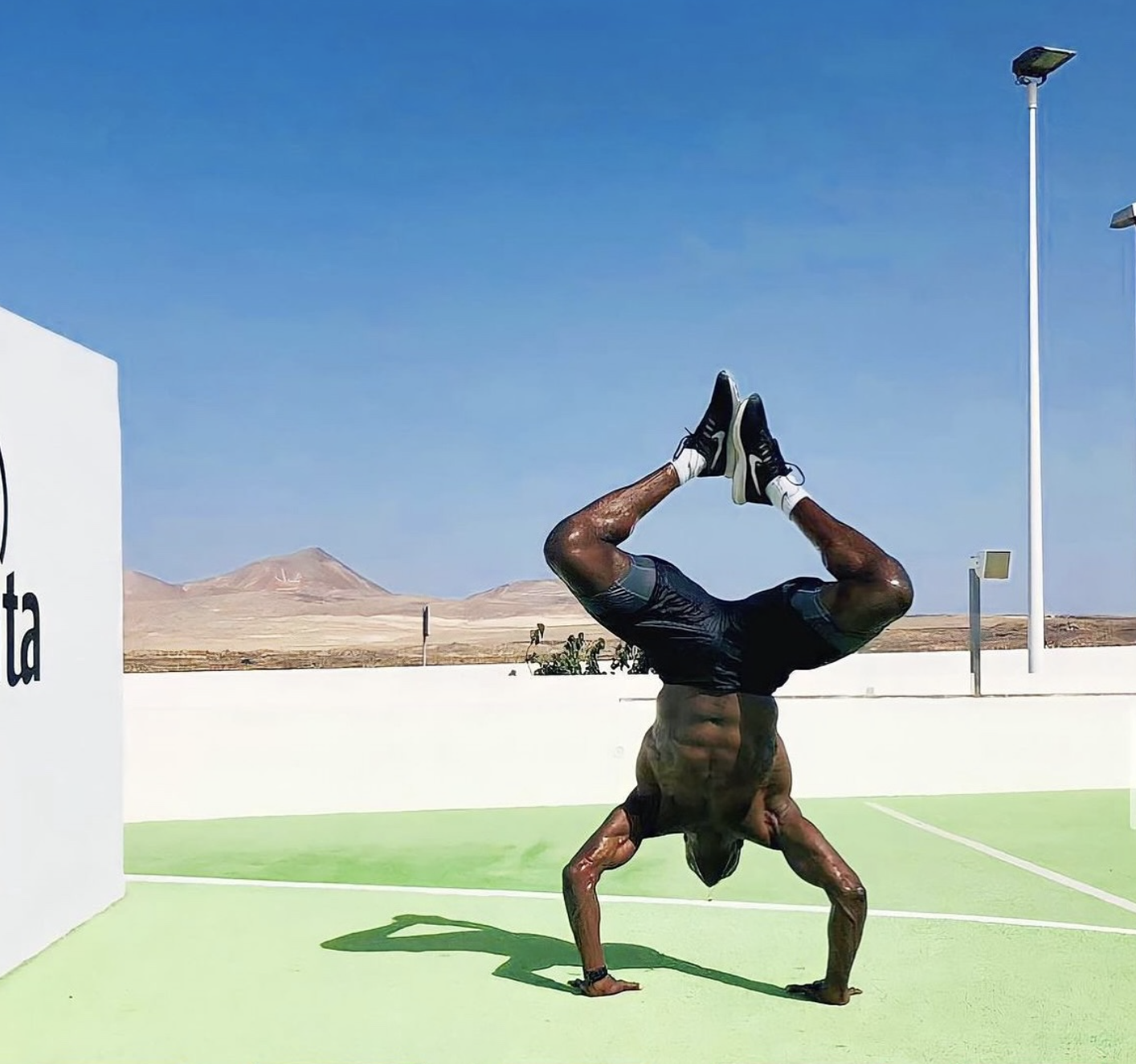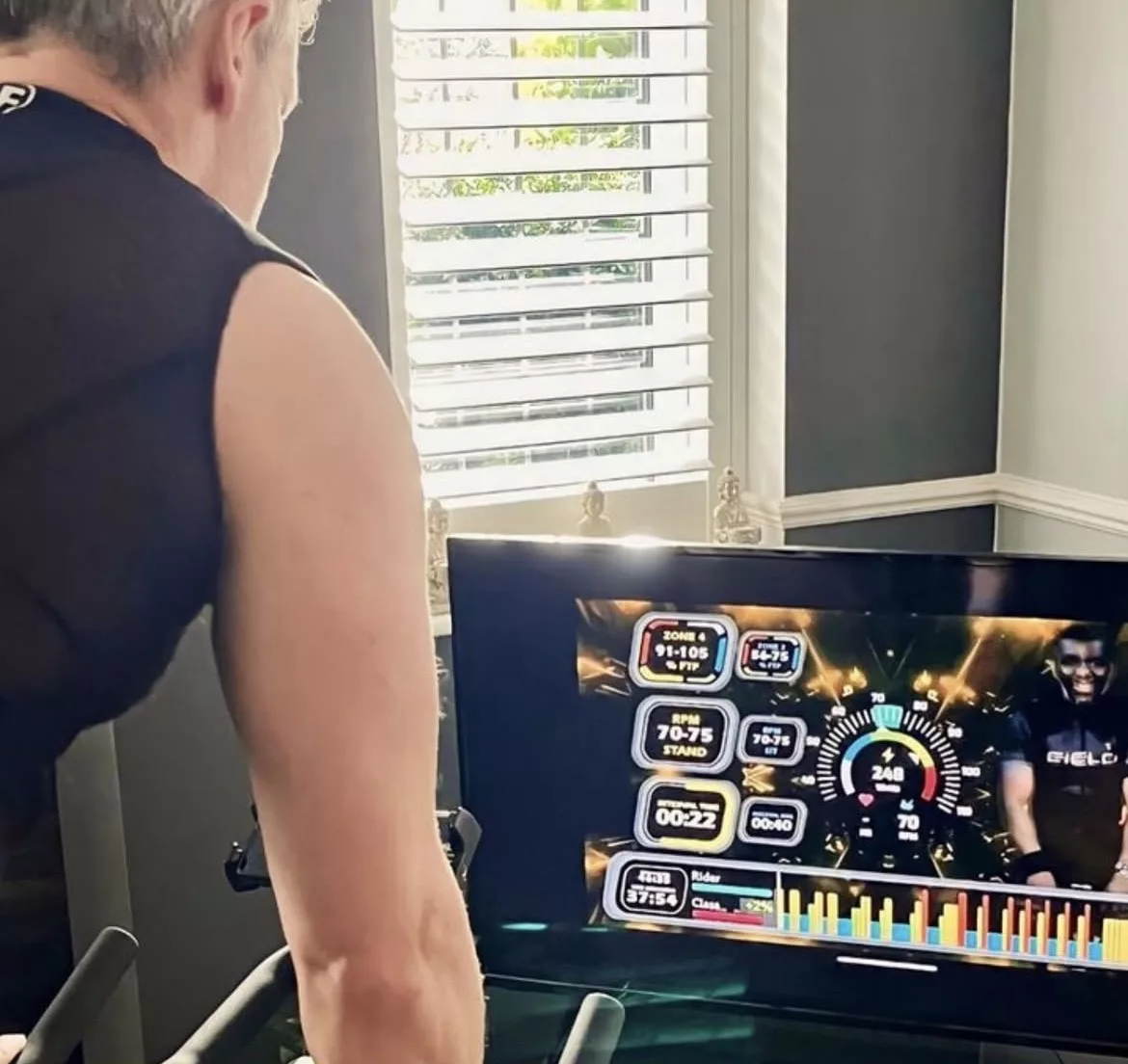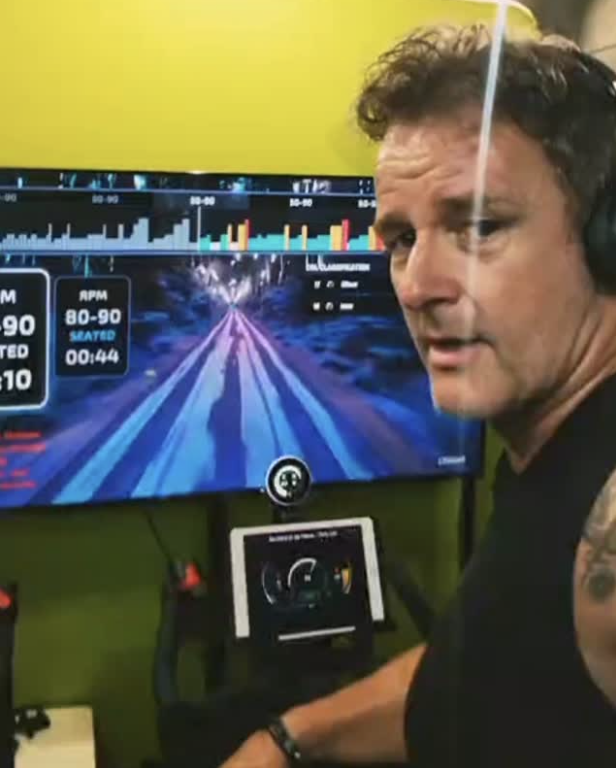For years as a young man, and up until relatively recently, I thought my love for cycling was completely based around the physical achievement aspect of what the sport gave me. Even after my competitive racing days ended and I began my life as a trainer and educator, I started to appreciate the science behind the physical benefits that riding a bike offers.
It was still all based in the physical though. Especially as I aged, I didn’t seem to suffer like some of my friends who didn’t cycle. Some of my best friends were footballers and rugby players, and I saw them through their forties begin to suffer with back and knee problems. By the time we all reached our fifties, some of them couldn’t even exercise at all.
It’s only now, as I watch many of my peers grow older, that I truly realise the physical benefits of riding a bike. But there was more at play here… a hidden benefit I hadn’t really been paying attention to. A hidden plus point that only now I fully appreciate.
As we age, we face many inevitable facts of life. We’re not 21 anymore and we’re definitely not getting any younger. The world seems to be centred around a much younger audience. The music we listened to, the film stars we watched… it all seems so much older than it should. Because I’m not that old, am I? Really?
You either embrace ageing gracefully and with dignity, if your circumstances allow, but with more of us having to stay in the workforce longer, and our dreams of early retirement vanishing with every political decision made, it’s obvious that not only our bodies but our minds are under increased strain.
The modern digital workplace is a far cry from the fax machines and mobile phone-free existence where my working life began. I mean, when you were on holiday in the ’80s, you were truly on holiday, simply because no one could get hold of you. The disconnect was bliss.
So getting older doesn’t just mean dealing with the natural ageing effects of the human body, it also means learning to cope mentally with an increasingly complex and fast-paced world. That alone can be difficult.
In 2021, I launched CicloZone, my new business. For the first time in my life, I was putting more emphasis on my brain and mental ability than I was on my legs and physical fitness. To make things even harder, this was a tech business. And the learning curve was steep… sometimes incredibly stressful.
Long days, long weeks, dealing with everything it takes to run a start-up. And to be honest, I wasn’t prepared for it. The mental stress was phenomenal. Constantly learning, constantly juggling different areas of the business. And because it was a start-up, the stress of whether what I was creating would actually succeed never really left me.
In fact, over the past 12 months, I’ve learned more about myself than I think I had in the previous 53 years.
During that time, I found it harder and harder to find time to ride my bike. My road bike, which hangs on the wall in my office, became more of an ornament than a tool of my trade. Honestly, 99.9% of my cycling over the last 3 years has been on indoor bikes, mostly testing new functionality, and only a few times a week. Rarely for a full session just for me.
But I’ve learned something very important: the effect that riding a bike has on my mental state.
Without my indoor sessions, I genuinely don’t think I would’ve made it through some of the tougher times during Ciclo’s development. It became clear I wasn’t using these sessions just to keep my legs in good shape or to maintain my FTP. Within 10 minutes of riding, I found that my mental state would calm, my thoughts would become clearer, and my focus would sharpen.
In fact, I started riding because I needed to make development decisions, or to manage stress.
When I’m on the bike, I’ve always known my focus is sharp. My trainers in my youth always said that increasing blood flow to the legs also improves blood flow to the brain, which helps with focus. That’s incredibly useful when racing in a peloton or working out the best moment to break away.
Now I see that focus has a side effect: clarity of thought. I’m no longer weaving through a peloton or avoiding the wheel in front of me at 40km/h, I’m stationary in my studio. And that stillness gives my mind space to wander with clarity. I can work through problems in my life. The stress drops, the worry fades, and often I get my best ideas mid-ride.
So next time you hop on the bike just to burn a few hundred calories or shift a few pounds, remember this: increasing blood flow to the legs also improves blood flow to the grey matter. And that brings clarity of thought, removes the fog, and gives us that sense of mental disconnect we all used to enjoy before the digital age took over.
Studies have also shown links between increased blood supply to the brain and reduced risk of Alzheimer’s and Parkinson’s. That’s still theoretical, of course, but it certainly won’t hurt us to keep cycling in the hope that it brings a healthier, happier, and more productive mental state… not just a higher FTP or a smaller waistline.
For now, I’m loving my rides with Ciclo, for even more reasons than I first started this project. Mind and body are now both benefiting from a great session of controlled, profiled, and connected indoor cycling.




